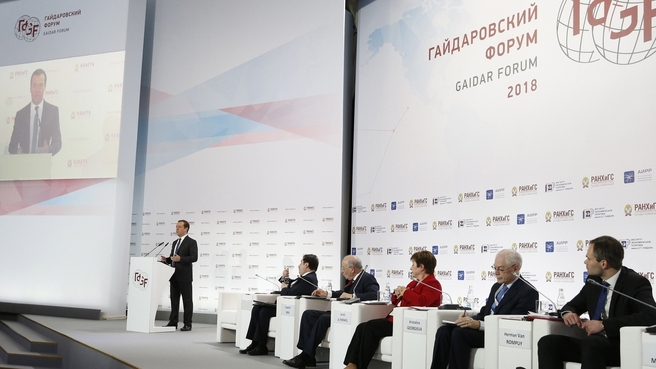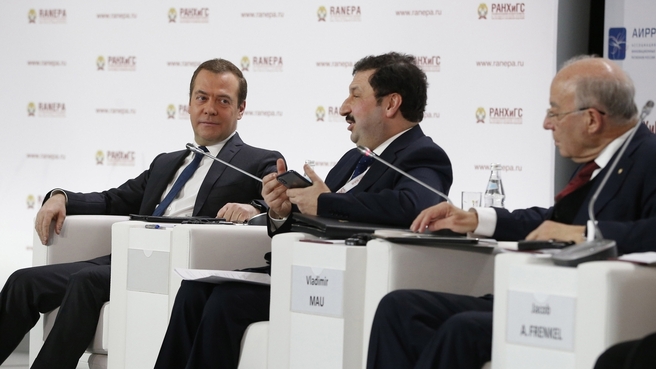Since 2009, Russia has been participating in the international project to build and operate the European X-ray free-electron laser installation (European XFEL). The official opening ceremony took place in Hamburg, Germany on 1 September 2017. The facility is intended for research in a number of areas, including solid state physics, geophysics, chemistry, materials science, medicine, and structural microbiology. The signed directive instructs the Kurchatov Institute National Research Centre to pay the Russian Federation’s share of the operating costs in 2017. The funds for this purpose have been allocated from the 2017 federal budget.
Reference
Drafted by the Ministry of Education and Science of the Russian Federation.
Construction of the world’s most powerful free-electron laser, the European X-ray free-electron laser installation (hereinafter European XFEL, installation) has been completed in Hamburg, Germany. The opening ceremony took place on 1 September 2017. The installation will allow for research at a level previously inaccessible for scientists in materials science, nanotechnology, chemistry, and biology, such as studying viruses practically at the atomic level, determining the molecular composition of cells, and creating 3D images in the nanoworld, as well as recording ultrafast chemical processes in real time.
In accordance with Government Directive No.1025-r of 23 July 2009, Russia participates in the international project to build and operate European XFEL. Russia is a key partner in implementing the project and second after Germany in the size of its share (26.79 percent). The Russian Federation has made an important contribution to developing the free-electron laser idea and supplied Russian-made high-tech equipment.
The Kurchatov Institute National Research Centre (hereinafter, Kurchatov Institute) participates in the project on behalf of the Russian Federation.
The Convention on the Construction and Operation of the Installation provides for the schedule of the operating costs, under which the Kurchatov Institute has to pay its share of the costs in 2017-2019.
The signed directive instructs the Kurchatov Institute to pay the Russian Federation’s share of the operating costs. The funds for these purposes have been allocated from the 2017 federal budget.
The directive will enable Russian researchers – as full-fledged participants in international cooperation in physical, chemical, materials science, and biomedical research – to take part in experimental research at the installation, to find applications for what they develop, specifically new synchrotron radiation sources, and to access the most advanced technologies.

